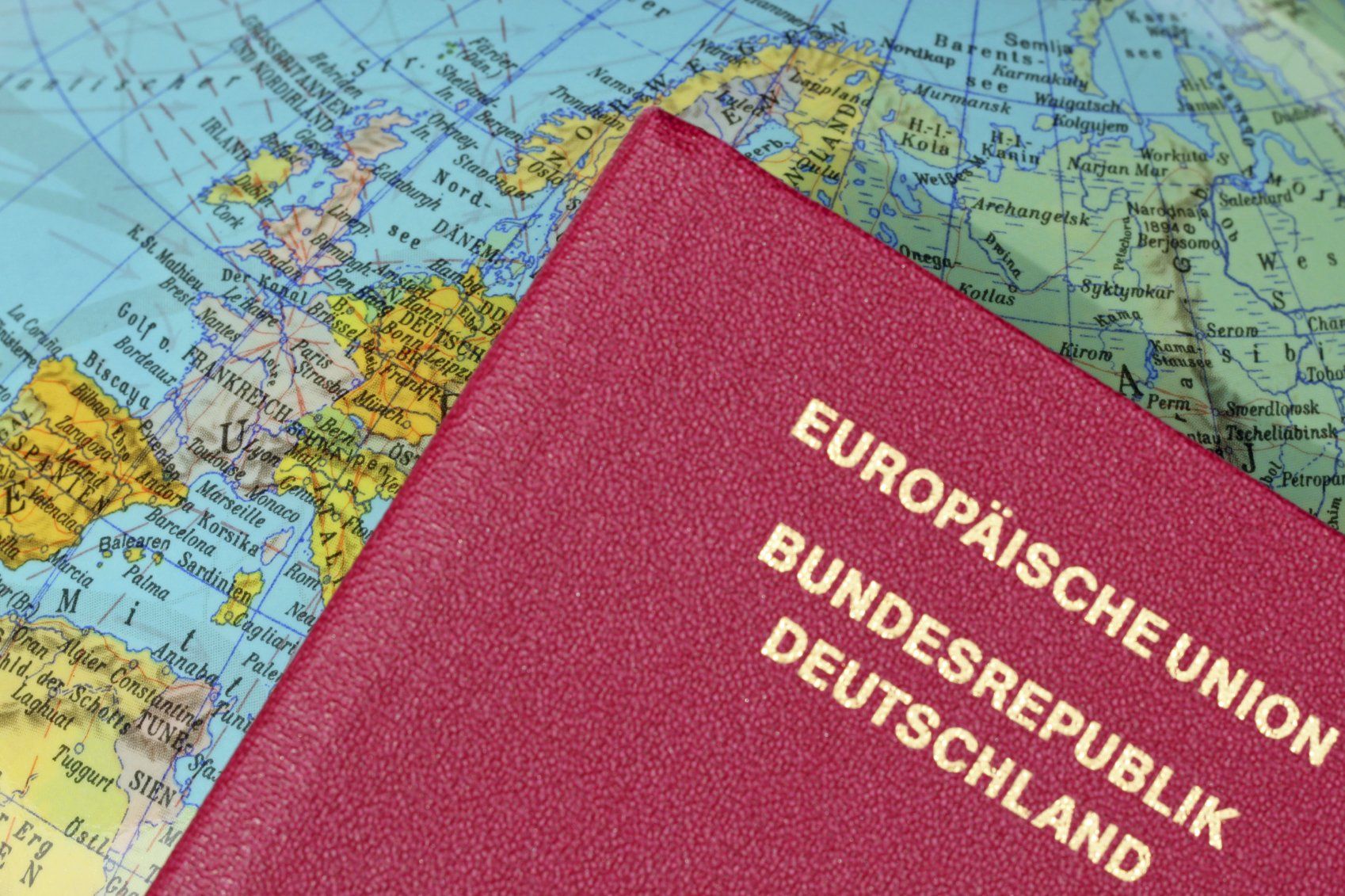Applying in Italy: Your shortcut to get your Italian citizenship by descent in months
Are you considering applying for Italian citizenship? If you do, and in case your documents are ready to go, you might be wondering where the best place to submit your application is. While many individuals assume that applying at an Italian consulate in their home or residence country is the most straightforward option, there's an often overlooked alternative that can significantly expedite the process — applying at an Italian town hall.
In this blog post, we will explore why choosing the town hall route can be the quickest way to obtain Italian citizenship, especially when compared to the long waiting queues, upcoming citizenship law changes, and other challenges associated with consulate applications. If you still don’t know if you’re eligible, please use our free eligibility tool here to confirm your eligibility. If you want to know which documents you are required to present at your citizenship application, download our free document checklist here.
The three different ways of applying for Italian citizenship
Once you establish your eligibility for Italian citizenship 'jure sanguinis' (by descent) by using our free eligibility tool, you must make a crucial decision regarding your application location. If you opt for applying at your local Italian consulate, you will fall under the consular jurisdiction aligned with your legal residence, obliging you to proceed there.
Alternatively, you have the option to apply directly at our office in Italy, bypassing the lengthy consulate process. As a last resort for applicants with a woman in the bloodline whose son or daughter was born before Jan 1st, 1948, it’s also possible to apply through the court system.
Here is a summary of the pros and cons of all methods to obtain Italian citizenship by descent:
| Method of Application | Pros | Cons |
|---|---|---|
| Town hall in Italy | - Easiest and quickest method (less than a year in most cases) - Convenient for local residents - No waiting time for the initial appointment with the consulate, you can simply walk in the town hall and file your citizenship request - Possibility to legally remain in the country for the duration of your application process, exempt from Schengen restrictions | - Residency requirement - Fewer appointments with local authorities in Italy as they might require clarifications or supporting documents - Need to apply for a visa awaiting citizenship after 90 days of stay in Schengen |
| Local Italian Consulate | - Ability to communicate in your native language (or the local language) - No need to establish residency in Italy - Widely accessible for global applicants according to your jurisdiction (home country or country of residency) - No need to visit the consulate on multiple occasions | - Lengthy waiting time (years or even a decade depending on jurisdiction / country) - US: over 4 years - Canada and Australia: over 2 years - Brazil: over 10 years |
| Italian Court Application (Pre-Jan 1st, 1948 cases) | - Potential avenue for specific cases | - Legal costs and legal representation - Complex legal process - Lengthy process (over 2 years) - Uncertain outcome |
The pros of applying directly at an Italian town hall
1. Processing applications in months rather than years
One of the primary reasons for opting to apply for Italian citizenship at a town hall is the avoidance of long waiting queues. Consulates in many countries experience high volumes of applications, leading to lengthy waiting periods before appointments can be scheduled. In South American countries, such as Brazil, there is a 10 year waiting queue already, whereas in the US this can take at least 4 years to the appointment date only. In Canada and Australia the waiting can take longer than 2 years. This can cause frustration and delays in the overall citizenship process and its resolution, i.e. when the consulate processes your application and grants you Italian citizenship.
In contrast, Italian town halls typically handle much fewer applications, allowing for faster processing times and reduced waiting periods. After all, the processing of Italian citizenship applications is quite spread across Italy through over 8,000 Italian town halls! However, applicants are required to spend a relatively short period of residency in Italy, typically less than a year. In some instances, this residency period can be as short as 3 to 6 months, depending on the size of the town/city and its capacity. This expedited timeline allows applicants to fulfil the residency requirement quickly and efficiently within the law, making the town hall application an appealing choice for those seeking Italian citizenship. In the tab below you can find the detailed timeline for each step for those that apply for citizenship in Italy:
Apply for citizenship in Italy: The timeline step-by-step
2. Personalized assistance and support
Applying for Italian citizenship can be a complex and bureaucratic process, involving numerous documents and requirements. Consulates usually have limited resources and staff to handle the high volume of applications, leading to potential delays and challenges in receiving guidance and support.
On the other hand, town halls are generally more accessible and can provide more personalized assistance to applicants, ensuring that your questions are addressed promptly and accurately. However, public officials rarely speak any English making it difficult to go on without assistance. The proximity to local authorities can also make it easier to fulfill any additional requirements that may arise during the application process.
3. Efficient communication channels
Clear and efficient communication is vital when dealing with citizenship applications. Consulates often receive a high volume of inquiries via phone or email, leading to delays in response times and potential miscommunications. By choosing to apply at an Italian town hall, you can benefit from direct face-to-face communication with the staff, enabling better clarity, understanding, and a faster resolution of any concerns or issues that may arise. This streamlined communication can significantly speed up the overall process and reduce the chances of misunderstandings.
4. A chance to reconnect to your origins
In addition to the practical benefits of applying for Italian citizenship at a town hall, there's a deeply emotional aspect to consider: connecting to your roots. For many individuals, Italy holds a special place in their family history, culture, and heritage. By choosing the town hall route, you not only navigate the citizenship process more efficiently but also get a chance to immerse yourself in the rich tapestry of Italian life. Spending time in the country, even for a shorter period, can provide a unique opportunity to explore your ancestral homeland, learn about local traditions, and forge a more personal connection to your heritage. This aspect of the journey can make the process even more meaningful, transforming the pursuit of citizenship into a transformative and cherished experience.
Conclusion
Applying for Italian citizenship is a significant step towards becoming an Italian citizen. While many individuals initially consider applying at an Italian consulate in their home or residency country, the alternative of applying at an Italian town hall should not be overlooked. By choosing to apply at a town hall in Italy, you can bypass long waiting queues, receive personalized assistance, benefit from efficient communication channels, and ensure a smoother process by working with professionals familiar with local regulations. If time and efficiency are priorities for you to start your new life in Italy or the EU, applying at an Italian town hall may be the quickest route to obtaining Italian citizenship.
If you require support with your town hall application, book a FREE consultation now! Our expert advisors will walk you through the town hall application process, answering all your questions and providing valuable insights tailored to your specific circumstances.
FAQ










